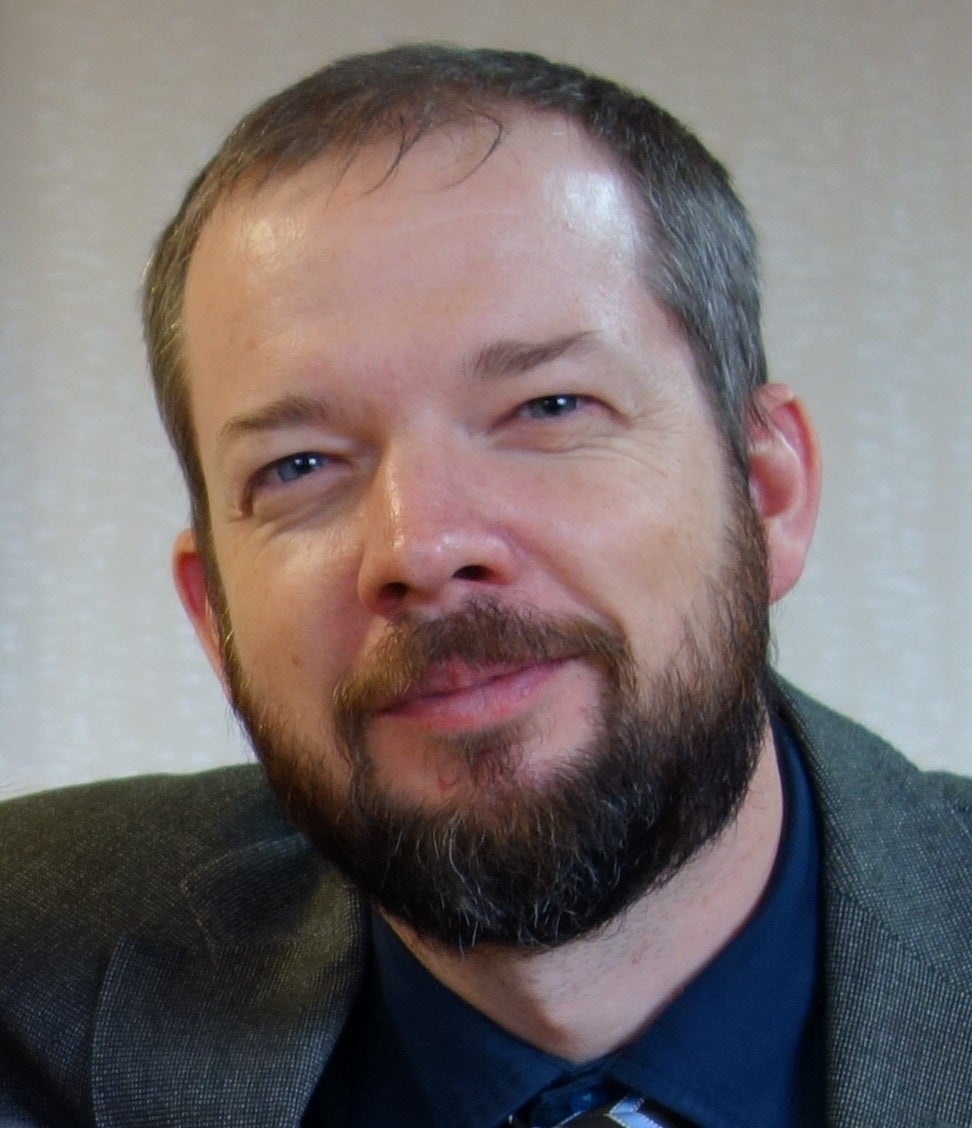
Andy Noonan was an English Language Fellow in Taiwan at National Cheng Kung University from 2010-2011 and in Russia at Kazan Federal University from 2011-2013. Both fellowships taught him invaluable lessons about Taiwanese and Russian culture at the same time as he was making meaningful changes in the classroom by training teachers in different cultural contexts.
In Taiwan, Andy created an English for Medical Purposes (EMP) program, designed and taught courses, organized a conference, and trained university teachers in English as a Medium of Instruction. In Russia, he trained university students and teachers, as well as local public school teachers. He also traveled across the Volga region to train and present at various institutions.

The English Language Fellow Program provided Andy with experience teaching EMP. He had taught English for Specific Purposes (such as nursing, post office, and business) in Japan, but it wasn’t until his fellowship in Taiwan that Andy gained extensive experience teaching EMP and developing an entire program centered on it.
Professionally, Andy’s fellowships in Taiwan and Russia gave him diplomatic credence that helped him land his current position at World Learning, an INGO where he does program management, teacher training, curriculum development and proposal writing. His fellowship work, as well as previous experience teaching at an NGO in Japan and e-teacher courses, honed Andy’s diplomatic sensitivity working with international partners and flexibility as a teacher trainer.
“It has made me a much better teacher trainer, able to work in different contexts for different purposes. As a Fellow, I had to be flexible and creative and these skills definitely help when working at an International NGO (INGO), where new proposals or changes in current programs demand immediate responses.” One of the things Andy liked most about being a Fellow was “seeing real change in teachers’ classrooms. The teachers [I trained] saw that student learning could be improved and taking the risks to implement changes by using teaching techniques they had never seen before.”
While Andy was training teachers in Taiwan and Russia, he was also learning from them at the same time. One Taiwanese teacher in particular inspired Andy with her work ethic, kindness, and creative ideas. “My counterpart in Taiwan was a professor of anatomy and researcher extraordinaire. She was also almost completely without an ego, as she brought me into her class and worked closely with me to completely change her teaching style. Her energy was unbelievable, and she would regularly list off twenty things I could do with my time to help her department. What I think I learned from her was balancing professional goals with basic humanism—the importance of time and space to get things done properly.”
In Russia, too, Andy was surprised and delighted by the things he learned about the people there. “I went to both countries loaded with misconceptions about the people and the cultures. Once back in the States, I could definitely talk with greater authority about both countries and how similar we really are. One example of this came from a session I gave on how to teach culture. I had two Russian teachers stand up and demonstrate how they would greet each other as friends and colleagues on a Monday morning, translating the Russian word-for-word into English. Both complained about their workload, their husbands, the weather—fits your image of gloomy Russia, right? As we went through the questions in the exercise, it emerged that the teachers started their greetings with negative things because they knew their friend had a difficult life. If they replied to ‘How are you?’ with ‘I’m great,’ it would make their friend feel worse. The complaining was a way to show empathy and save the other person’s feelings. Beautiful! And it instantly and totally changed my perspective on my preconception of the dark Russian figure.”

On top of professional and educational opportunities, the Fellow Program also produced exciting and new cultural experiences. Two cultural outings in Russia were particularly fun and eye-opening for Andy: attending the ballet and an evening at the banya (a Russian sauna). “In Russia, I quickly grew to appreciate the place of ballet in society. So many kids went! It was a chance to dress up and be decadent. In Saratov, I went to a showing of A Midsummer Night’s Dream and the local teacher who escorted me had grown up dancing ballet. The music was accompanied by a women’s chorus who revealed themselves in the last act by standing up—they were the entire first row. The teacher who brought me conveyed how shocking this was in the context of Russian ballet and I felt that I had been witness to a really special moment. My four-year old daughter is now enrolled in pre-ballet here in Washington DC. I never would have even considered this choice if it hadn’t been for my counterparts in Russia opening that world to me.”
In addition to the ballet, going to the banya was a once-in-a-lifetime experience. One of Andy’s last trips in Russia to give a three-day workshop to teachers ended with “being bathed in icy cold spring water on a hill that commemorated the last stand of local women fighting the Golden Horde. Nothing could have prepared me for the suffocating heat that is the banya, being smacked by birch branches and then jumping into the frigid pond, repeating the process several times. This was maybe my most special experience during my two years in Russia.”
According to Andy, the English Language Fellow Program is “an amazing opportunity to support English language teachers, work on your professional goals and to discover new ones, while experiencing the world in ways you would otherwise not have access to.”

